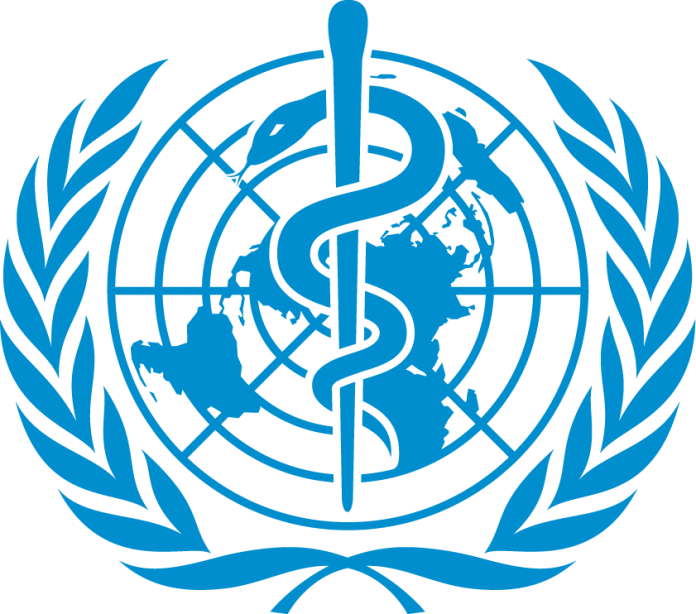The World Health Organization (WHO) is supporting the Nigeria Centre for Disease Control (NCDC), Delta and Enugu states to investigate and respond to the recently reported deaths from an outbreak of Yellow Fever.
It would be recalled that the Ministries of Health for both states notified the NCDC on 02 and 03 November 2020 respectively of cases presenting with symptoms indicative of viral hemorrhagic fever. As at 06 November 2020, three samples from Delta and one from Enugu tested positive for Yellow fever at Irrua Specialist Teaching Hospital Laboratory and NCDC’s National Reference Laboratory, Abuja. Additional blood samples have since similarly tested positive, hence, an outbreak of Yellow Fever was confirmed.
With the onset of the current outbreak, epidemiologists, and other health professionals in WHO, NCDC and NPHCDA are working in support of State public health teams or Rapid Response Teams (RRTs) that have been organized and trained in each of the affected States. Outbreak investigation is ongoing in each state through the RRTs under the coordination of respective State Ministries of Health. Hospitals have been identified in each state and capacitated to manage patients who develop symptoms and complications.
Initiating a response to the outbreak, Enugu State Commissioner for Health, Dr Ikechukwu Emmanuel Obi during the EOC meeting after definitive diagnosis of the disease said that the disease had been reported from Etteh-Uno and Umuopu communities in Igbo-Eze north LGA. He indicated that the state RRT had done an outbreak investigation and identified those so far affected. He promised to facilitate a reactive Yellow fever mass vaccination intervention for the affected and neighboring LGAs.
Meanwhile, sensitization campaign is being implemented in the communities with reported cases on avoiding daytime mosquito bites, keeping home surroundings clean and clearing mosquito bleeding areas. People who develop symptoms are being encouraged to urgently seek medical help at nearest health facilities.
Nigeria has been battling successive yellow fever outbreaks since September 2017. The NPHCDA, with assistance from WHO has been applying and obtaining donated vaccines through the International Coordinating Group (ICG) on Vaccine Provision, established in 1997, to manage the provision of emergency vaccine supplies to countries during major outbreaks to conduct reactive vaccination campaigns in response to outbreaks. This year, proactive vaccination campaigns were planned for most at risk states including Delta. The Delta campaign that was supposed to start by the end of the month of November 2020, has now been brought forward and started on 10 November, 2020 the affected LGAs.
Speaking on the outbreak, Dr Walter Kazadi Mulombo says that Nigeria is one of the countries implementing Eliminate Yellow Fever Epidemics (EYE) strategy. This strategy is being steered by WHO, Gavi the Vaccine Alliance and United Nations Children’s Fund (UNICEF), to protect at-risk populations, prevent international spread and contain outbreaks rapidly.
“As part of EYE strategy, Nigeria has developed a 10-year strategic plan for the elimination yellow fever epidemics. Through this strategy, the country plans to vaccinate at least 80% of the target population in all states by 2026”, Dr Mulombo said. The Delta statewide proactive vaccination campaign was planned under the EYE strategy.
Yellow fever is caused by a virus spread through the bite of infected Aedes aegypti mosquitos. This type of mosquito bites during the day. Some of those infected develop serious symptoms, including high fever, loss of appetite, nausea, muscle pains, headache and jaundice (yellowing of the skin and eyes). Some die from the complications of internal bleeding and organ failure.
Infection with Yellow Fever virus is easily prevented by a vaccine that provides immunity for life. Large epidemics of yellow fever occur when infected people introduce the virus into heavily populated areas with high mosquito density and low vaccination coverage. In Delta State, for example, all cases have no history of Yellow fever vaccination, including a one-year-old baby.
Investigations further revealed that adults who bring their children for immunization have always refused to receive yellow fever vaccination when offered by health workers.

